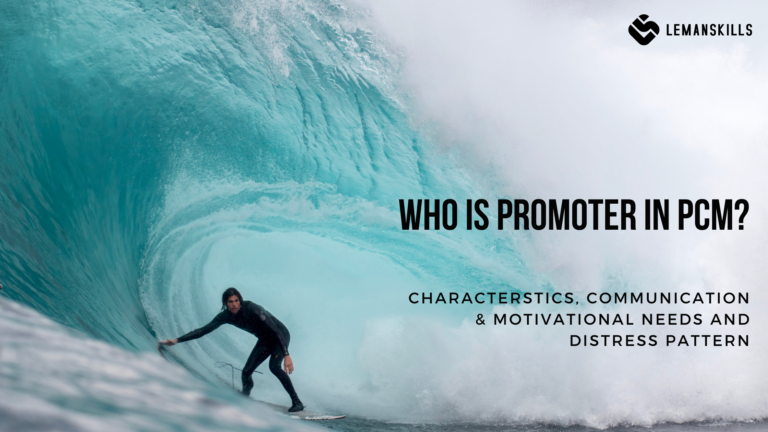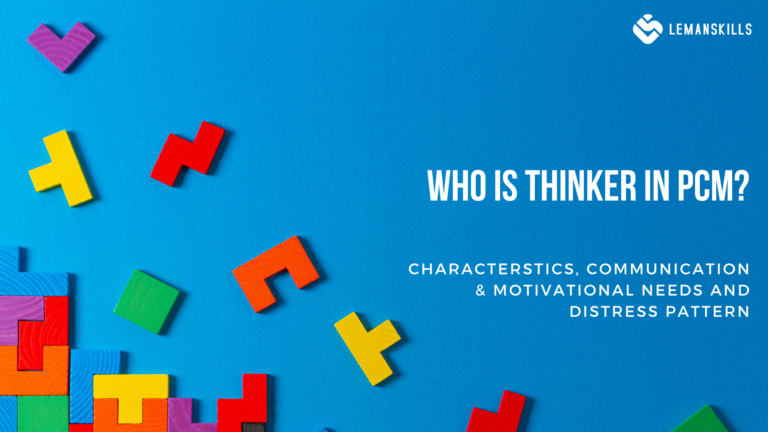Think about one thing you wanted to start doing, but you’ve procrastinated it this week. What was it? Was it a task at work? If yes, what was it about? Was it a workout or a morning run? Was it a 5-minute reading time? Was it cooking a healthy meal? Was it a phone call to somebody? Was it an article that you have opened in one tab of your browser since last year?
Now think about one thing from last week that you thought about and you’ve started doing it right away. What was it? How much time it took? How did you feel after doing it?
Why we do some things right away, and procrastinate others? Even if they are on our task list, in a beautiful New Year’s resolution spreadsheet or a habit building app. Why is it so hard to start doing something we do know that is for our own good, to keep us better in what we do at work, more successful, healthier, smarter, better in relations?
And why some people are doing great with everything, can make time for every part of their live and some people just aren’t?
You become what you believe
It’s not about magical thinking, because there is no such thing as a change happening overnight, without any effort. If you read or see an ad that promises you loosing 10kg per month or being fluent in a foreign language in 2 months, you need to hear this – it’s not going to happen. Even if you really believe in it, it’s just not possible.

And it’s not about being positive all the time, because we know that’s not possible too. We have a wide range of emotions, joy is only one of them. And to build awareness, we need to acknowledge that we are going to be sad, angry, scared, frustrated, excited or enthusiastic. It’s all part of who we are as human beings and resenting that is not going to change how it works.
But we have control over what we think, how we shape those thoughts in certain circumstances.
If you think that you are not smart or competent enough to change the job for a better one, you are never going to apply to any role that is out there on the market.
When you sit on the couch, watching another series on Netflix, never going out or meet other people because you think that you are fat, ugly and nobody will ever love you – you rob yourself from the opportunities to actually meet somebody who will.
If you think that you can’t say “no” to other people, you do everything for them without even thinking about your own health because you don’t want them to stop likening you – you are never going to say “no” and protect yourself.
Not good enough. Not smart enough. Too old to do this. Too young to do that. Who am I to tell others how to live? What do I know – I live in a small city. Too fat. Too skinny. Don’t have talent to do XYZ.
You become what you believe. If you believe that you are not going to achieve anything, you are not. It’s a self-fulfilling prophecy. What you can do is to change your mindset. If you believe that you are enough, that you can learn, ask for help or guidance and actually succeed – it is going to be easier to start, to make baby steps, see what happens and keep going. It can be hard, but it’s going to be extremely satisfying when you’ll see the results of who you are becoming. Every day a little better than the person who you were yesterday.
Scenario 1: Not so easy to start, but easy to keep going
Sometimes it’s not easy to start. You don’t believe in yourself, you don’t have money, time, support, or you just don’t have skills to do something.
And if something like that is in your head, you wait. And wait. And wait some more. Until the times are better. Until the economy is up again. Until your spouse or friends will be more supportive. Until you learn. And all of the sudden, weeks, months and years pass, and nothing changes.
Oh wait, something actually change.
You are more and more frustrated and disappointed of your life.
Remember this little exercise from the beginning of this article? What was this thing that you’ve started doing right away? The key question here is: why? Was it easy to do? Did it bring a quick result? Was it fun? Was it a part of your passion, something you love doing? Was it a part of your value, of who you are as a person?
When things are not so easy to start, it often means that:
- you don’t have competencies to do it,
- they are not bringing you any fun or satisfaction,
- they are not linked to your passion or something else you love,
- they are not linked to your values.
The rest of the reasons (about the time, money, support etc.) is bs. There are just excuses to not doing things, because it’s uncomfortable, scary or unpopular.
If you want to start doing something, find the link to what’s already there in yourself. If you do that, it’s going to be easier to keep going, because the connections will strengthen your self-esteem and confidence that you actually can do it. You’ll make time, you’ll figure out how to raise the money you need. When you really want to do something and it’s close to your heart, you’ll figure out the way.
Scenario 2: Easy to start, not so easy to keep going
Sometimes we are super motivated, triggered by something and we start doing a thing. We buy pretty clothes, new shoes and we start exercising, like running or going to the gym. We put a pile of books on a bedside table, and we start reading. We start getting up earlier, motivated to join 5AM club.
And generally, after a couple of days we quit. Gym card stays in the drawer, books gather dust, and we start using the snooze option again.
If we started doing something it means that we can do it, we have a competency that is needed to move forward with a certain thing. So it’s not like we don’t know how. What happens then?
We lose motivation – this spark that started everything is not as bright as at the beginning or is gone. And it’s gone because this thing we started doing wasn’t connected to our values, didn’t bring any fun or joy, we just didn’t like doing it at all. Or we’ve expected quick results and it didn’t happen. “Expectations are disappointments” – I’ve heard this sentence once during a training session for Agile HR. If you expect that a certain thing will happen, you can get disappointed very easily, and let’s be honest: it’s not a good feeling. We expect too much and that’s why it’s so often easy to start and not so easy to keep going.
If you want to keep going, start things that are close to your heart. Make goals, find out how to check if you achieve them. Focus on one thing at a time. Start small, get used to the thing and then add some more. We all want quick results, it’s natural to see that our effort means something. Feed your brain, let it see that what you do makes sense – that’s how you immune yourself to quitting.
What about: just do and see what happens?
Regardless of what you want to do, is it finding a new job, starting doing a course, reading a book, learning a foreign language, exercising, having healthier diet, the mechanisms are the same in each case. The most important thing is just to start acting on what you want to do. Of course structure is important, goals helps, moving forward is crucial. But keep going to what makes thing meaningful.
If you do a small thing consistently, every day, the compounding effect is going to start working. And remember that things are linked together, so if you start doing one thing, this new muscle helps the other one to stick together with the previous one. Just do things, don’t overspend time on analyzing, see what serves you and what doesn’t. Make smart decisions, invest your time as well as you can.
We all know that time is the most valuable currency. The question is – what are you going to do with yours?




